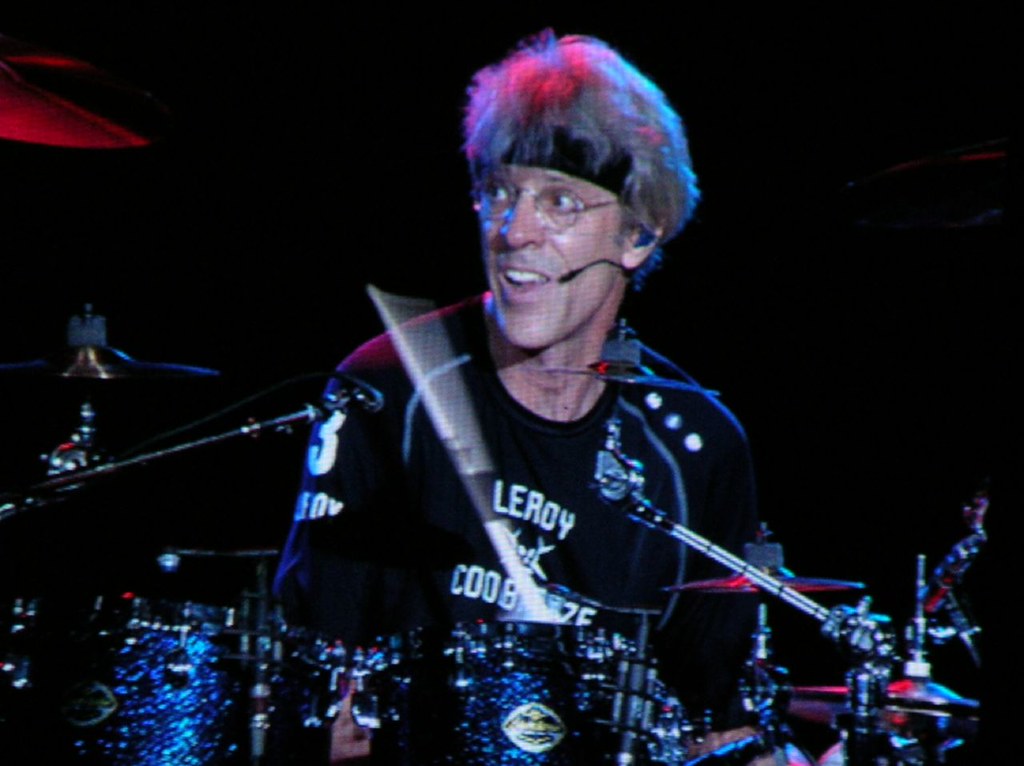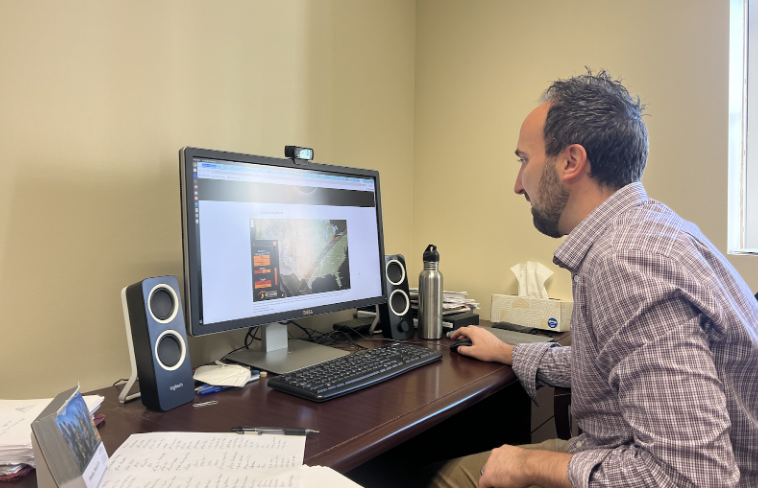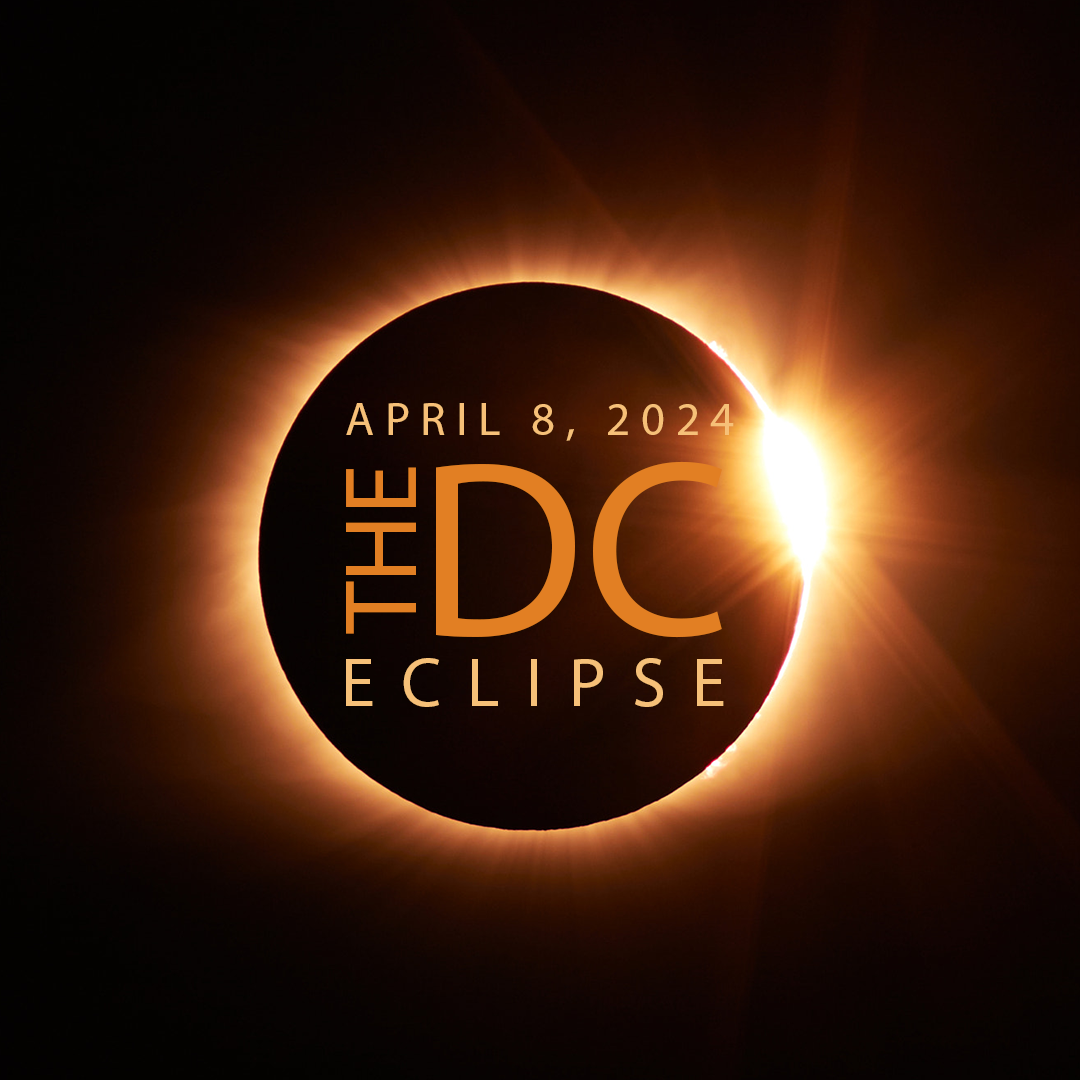Often, Brandy Stigler surprises the people around her, no matter the setting. At church, people are surprised to find out about her profession. At work, her colleagues are surprised to find out about her beliefs.
“I think it’s an expectation that mathematicians should be agnostic,” Stigler said. “To be a serious Christian is kind of a weird thing.” Stigler remembers one colleague and friend saying “’It kind of weirds me out that you’re a “for real” Christian.’”
Stigler is an upper level math professor at SMU and also a strong Christian devoted to walking out her faith in her professional career. Stigler falls into a unique category of individuals who are critically and analytically trained, yet practice a religion. The knowledge of her beliefs comes as a surprise due to a common misconception that an individual can either be scientifically minded or religiously minded, that there is no overlap or in between.
This common mindset is encouraged in many different forms. In one of those forms, a video of 50 renowned academics commenting on God, the creator of the video, Jonathan Pararajasingham writes, “The more scientifically literate, intellectually honest and objectively skeptical a person is, the more likely they are to disbelieve in anything supernatural, including God.”
This is a commonly accepted idea of the mindset in the scientific world. The idea has caused a rift between the two areas of study. William Lawrence, dean of the Perkins School of Theology said that, as a result, many people see science or academics and religion or theology as adversaries. But is that an accurate description of the relationship between the two?
“People think science is anti religion and it’s not,” said Brad Davis, a senior at SMU majoring in chemistry. “A lot of scientists don’t feel a need to figure [religion] out. It’s too complicated. You don’t prove it, so they leave it alone.” Davis was raised in a Christian home and has taken several religion classes since arriving at SMU.
In many ways, religion is seen as irrelevant to the world of science. Steven Vik, a biology professor and chair of that department at SMU, thinks it is difficult to relate the two areas because they are so different. Vik said that, while science is the same everywhere and generally agreed on, many forms of religion are present around the world and in different cultures and many of these religions make different claims.
“Science has a set of rules,” said Vik. “It has to be done in a certain way.” Additionally, the ability to recreate a result or regenerate an answer is vitally important in science. “It’s a problem for scientists to try to evaluate something that may have only happened once,” Vik said. “If something can’t be repeated, it’s hard to have a judgment on it.”
Lawrence, whose main area of study is American church history, said that many church denominations valued education and were responsible for founding institutions of high education, not as “arms” of the church, but to encourage more learning.
“I believe God wants us to think,” David Johnson, a second year graduate student at Perkins, said. “The Methodist church believes in science… They’re not counterintuitive.”
Stigler said that both sides tend to draw nasty caricatures of the other, making the “opposing” side seem inaccessible.
“We have to make a choice to stop seeing the other side as the enemy or absolutely wrong,” said Stigler.
To both Johnson and Stigler, both areas offer different ways of looking at the world.
“I don’t think science and religion need to oppose each other,” said Johnson. “I think they can work congruently to help us better understand the world around us.”
While the two fields may be able to coexist, both don’t always influence the same areas.
“In the grand scheme of things, religion has more of a personal impact,” said Davis.
In fact, on a daily basis, religion has nearly no impact on science. In Vik’s experience, rarely does the topic of religion come into play or are an individual’s beliefs shared. To Vik, what someone believes only becomes a problem if those beliefs prevent the individual from accepting what other scientists have found to be true, and that is rarely the case.
“Even in that situation, whatever that person did, I would still look at it critically and if I felt the work was good, that’s fine,” said Vik.
Stigler has found the same is true in the math field. “It doesn’t really matter who you are, just what you do.”
Still, according to Lawrence, fear is a limiting factor when it comes to integrating theological and scientific ideas. Others agree.
“I think people are afraid [science] will shake what they believe, or crumble what they were taught as a child in Sunday school,” Johnson said. “Instead, how can you reconcile science to your theology so that they work hand in hand?”
The solution to the perceived opposition between science and religion is conversation. For individuals who have or hope to reconcile these two areas, open conversations with people who both agree and disagree with a particular point of view can change attitudes.
“You might find common ground, find that there’s more in common and less differences,” said Stigler. “And be able to learn from those differences, learn from each other. It’s not a battle. Both offer different ways of answering questions. They’re not wrong, just different.”












